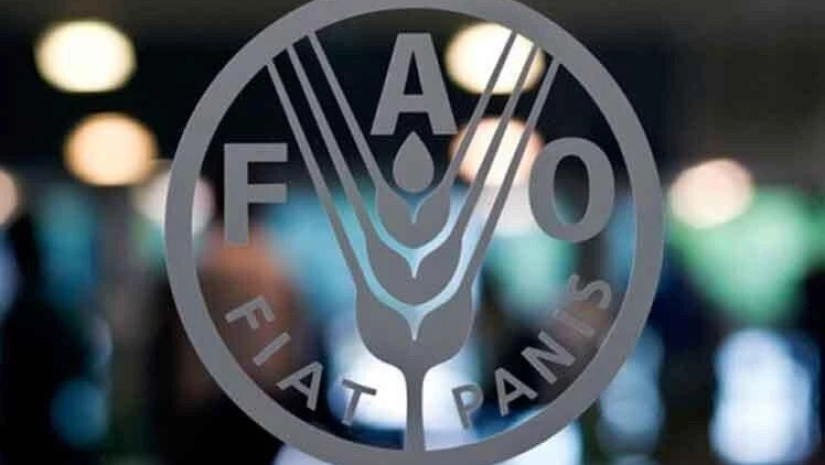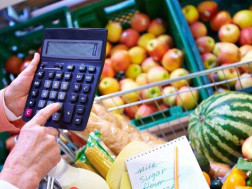Georgia’s National Animal Identification and Traceability System (NAITS) is now fully operational as a result of FAO’s one of the major, a 5-year long project implemented in Georgia. The NAITS project collects and records information regarding mandatorily identifiable animals, their keepers and keeping locations all around Georgia. FAO and Georgia’s National Food Agency implemented this project with the support of Swiss Development Agency (SDC) and Austrian Development Cooperation (ADC).
After the years of work of FAO in collaboration with the NFA, the NAITS brings together about 900 system users (NFA veterinarians and inspectors), more than 250 000 animal holdings, and data regarding more than 1 million bovines, including information on their birth and origin, vaccination status, illnesses - in case of occurrence, health condition, and slaughterhouses, to document the full
path of animal from farm to the plate.
Tracing the animals and animal origin products in a prompt and timely manner, NAITS is an important part of the food safety chain puzzle. It ensures delivering safe food to the consumers and leads to the improved food system in Georgia, which facilities trade and contributes to the effective implementation of the Deep and Comprehensive Free Trade Area (DCFTA) agreement.
The electronic system which FAO assisted the NFA to develop includes 22 modules for identification and registration of various species, for laboratory results, epidemiological investigations, border and abattoir controls etc. Currently, FAO Georgia team has been finalizing preparations for extending data to consumers. While selecting and buying animal or animal origin products, the NAITS will enable any consumer to search product-related essential information in seconds.
NAITS significantly saves time and effort to collect and store the data. It aims to replace the paper forms traditionally used in Georgia. From 2015, with the co-founded financial endeavour of the Swiss Development Agency (SDC) and the Austrian Development Cooperation (ADC), the FAO has redesigned and developed the Georgia’s Animal Identification, Registration and Traceability System.
Since its commencement, the project trained and equipped hundreds of veterinarians, and informed the vast majority of the animal keepers throughout the country, including high mountainous and ethnic minority-dominated areas; and disseminated information about animal product safety and its tractability among farmers and the general public. The project prioritized gender aspects and trained veterinarians to increase the gender-sensitive attitude. FAO assisted NFA to establish a help desk to aid the system users with any technical difficulties.
Georgia is the first country in the region that has introduced a NAITS. Confirming the robustness and quality of the system provided to the NFA, several states, including North Macedonia, Albania, Uzbekistan, Kirgizstan, and countries in the Caribbean, have expressed their interest to share the system or system development experiences, which will be tested and eventually adapted for their use.
The second phase of NAITS starts in 2022 and will continue providing Technical assistance for the rollout of the NAITS among state and in particular among non-state stakeholders (commercial sector and consumers), to ensure they can benefit from the collected data. “Establishment of a fully functional National Animal Identification and Traceability System is one of the most important achievements of the on-going FAO assistance in Georgia. We are proud that in cooperation with our partners and the active involvement of veterinarians and farmers we have created a system that is fully in line with EU standards. We are happy to share our experience with other countries which have shown their interest to implement NAITS and look forward to the continuation of the project to contribute more to the improvement of food safety in Georgia,” Mikheil Sokhadze, the National Team Leader of NAITS said.
„The fully functioning NAITS is another step ahead in terms of livestock accounting and tractability. This process, implemented with the support of the donor organizations, has been successful, and it’s worth noting that the private sector is already involved and interested. The animal identification program help farmers in registration, getting more benefits from state programs and selling more products. All this together serve the consumers’ interests, it insures development of the new farming standards and the increase of credibility towards Georgian product on export markets,” said the Deputy Head of National Food Agency of Georgia, Vasil Basiladze.
















